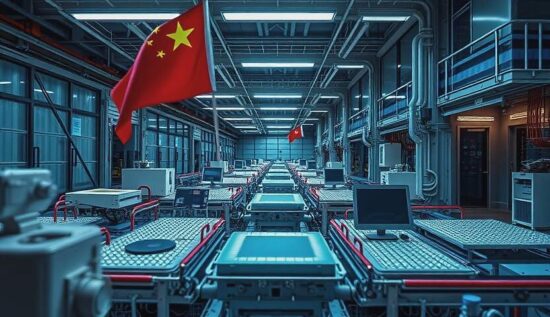US President Donald Trump announced a significant development in the domestic semiconductor industry. At a press conference on Monday, the Republican leader revealed that the Taiwan Semiconductor Manufacturing Company (TSMC) will invest $100 billion in its new production facilities in the US. The announcement was made in the presence of US Trade Minister Howard Lutnick and TSMC CEO C.C. Wei. Addressing the head of one of the world’s leading semiconductor producers, Trump said, “The world’s most advanced AI chips will be produced here in the United States. Your company will produce a significant portion of them.”
According to Trump, the majority of the investment will go towards the construction of five state-of-the-art factories in the US state of Arizona. This will create thousands of well-paid jobs. The US President estimated the value of the future economic activity in the area to be in the billions of dollars. The project will also strengthen the US dominance in the field of artificial intelligence.
Lutnick explained that the decision by TSMC to relocate a part of its chip production to the US was driven by two factors. According to the US Trade Minister, the Taiwanese company will gain access to the “largest market in the world” and avoid tariffs as a result.
TSMC produces semiconductors for US-based IT companies such as Apple, Intel and Nvidia. The company’s products are essential for nearly all high-tech sectors, from smartphones to video game consoles to AI servers. Moreover, TSMC is estimated to control around 60% of the global market.
The $100 billion investment in production facilities in the US would, according to experts, put pressure on China, as it would strengthen the US position in the trade war. In this case, Beijing would lose its influence on the technology sector in the US and its access to cutting-edge technology, as the US had previously banned the export of modern chips to China.





